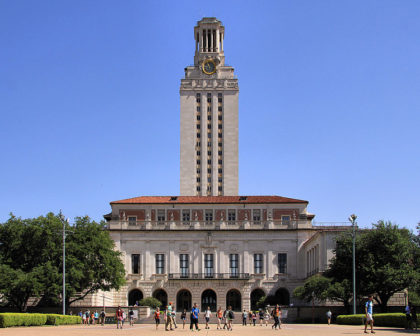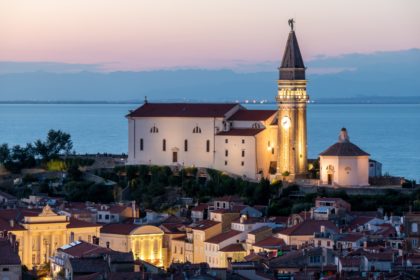For this final post in this series on the Habits of an Incarnational Presence, we asked two of our GFM staff, Tim Wang (University of Texas – Austin) and Greg Ehlert (University of California – San Diego) to give us a brief snapshot of how they have experienced the principles of Incarnational Presence in their ministries. … [Read more...] about Habits of Incarnational Presence: Two Campus Stories
INCARNATIONAL PRESENCE: PARTICIPATION IN THE MUSIC OF THE SPHERES
This week in our Practices of Incarnational Presence series, we come to the third of the "social imaginaries" that shape Incarnational Presence on our campuses. The imaginary is the jazz ensemble, listening together to the "heavenly music" and then entering in. By Julian M. Reese with Teresa Hooper “Then Illuvatar said to [the Ainur], ‘Of the theme that I have declared to you, I will now that ye make in harmony together a Great Music’. Ye shall show forth your powers in adorning this theme, and each with his own … [Read more...] about INCARNATIONAL PRESENCE: PARTICIPATION IN THE MUSIC OF THE SPHERES
Cultivating Habits: The Farmer and Earning an Incarnational Voice
“When one buys the farm and moves there to live, something different begins. Thoughts begin to be translated into acts... It invariably turns out, I think, that one's first vision of one's place was to some extent an imposition on it. But if one's sight is clear and one stays on and works well, one's love gradually responds to the place as it really is, and one's visions gradually image possibilities that are really in it’ Two human possibilities of the highest order thus come within reach: what one wants can become the … [Read more...] about Cultivating Habits: The Farmer and Earning an Incarnational Voice
Cultivating Habits of Incarnational Presence
Photo by Dimitry Anikin on Unsplash Last week, Julian Reese, with volunteer GFM staff Teresa Hooper, introduced the idea of incarnational presence habits or practices around three "social imaginaries." This week, they discuss the first of these, the parish, and the habits that follow. _______________ Julian M. Reese with Teresa Hooper “We are the people of the parenthesis—at the end of one era but not quite at the beginning of the next one. Maps no longer fit the new territories. In order to make sense of it … [Read more...] about Cultivating Habits of Incarnational Presence
Images for Incarnational Presence
Earlier this year, we posted a series by Julian Reese, UT-Knoxville Graduate and Faculty Minister, called "Incarnational Presence." Having articulated a vision for Incarnational Presence in the last series, Julian Reese with Teresa Hooper discuss the habits or practices of an incarnational presence approach to ministry, proposing three "social imaginaries" that shape these habits. ____________________ Julian M. Reese with Teresa Hooper “Ivan Illich was once asked what is the most revolutionary way to change … [Read more...] about Images for Incarnational Presence




